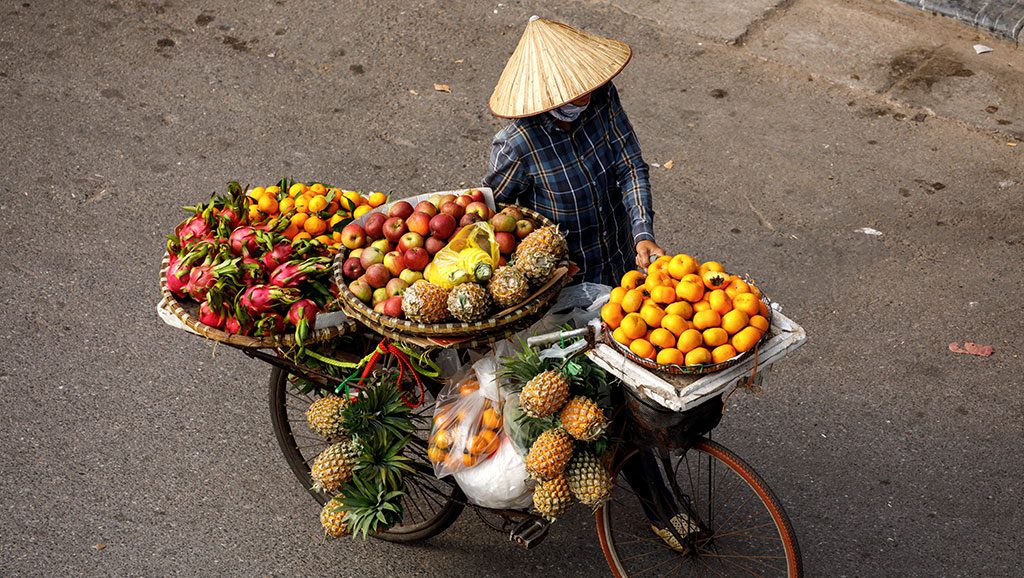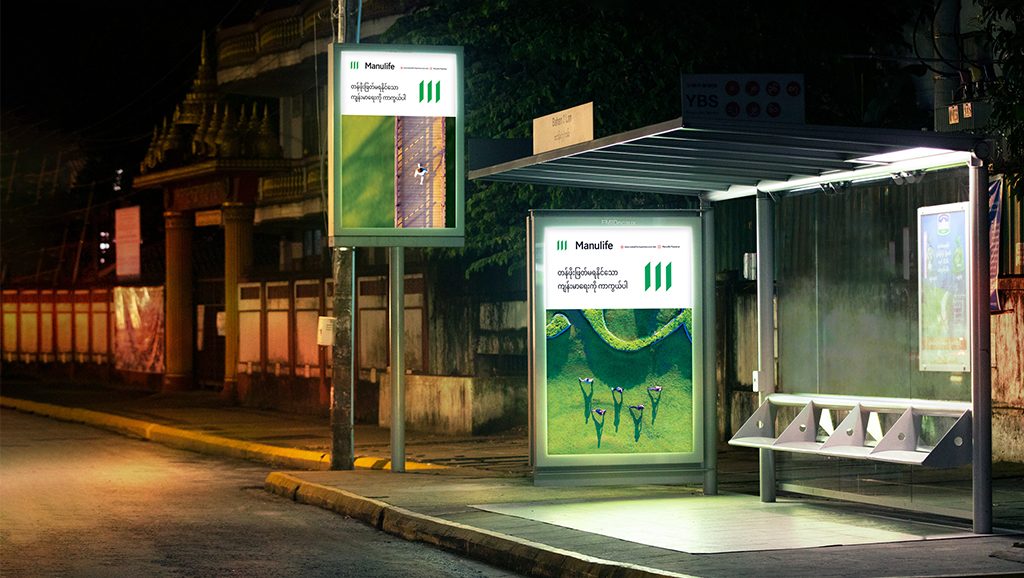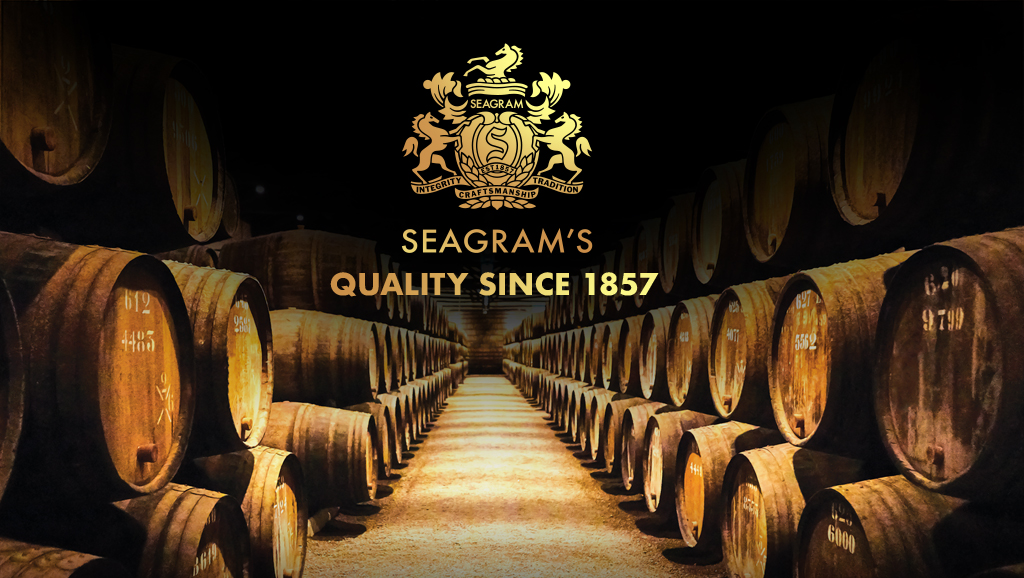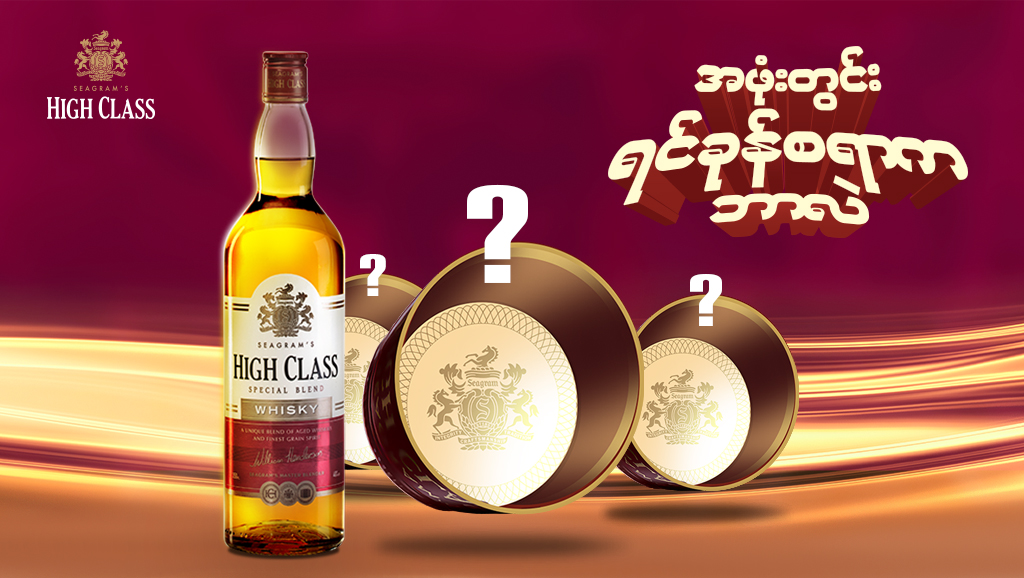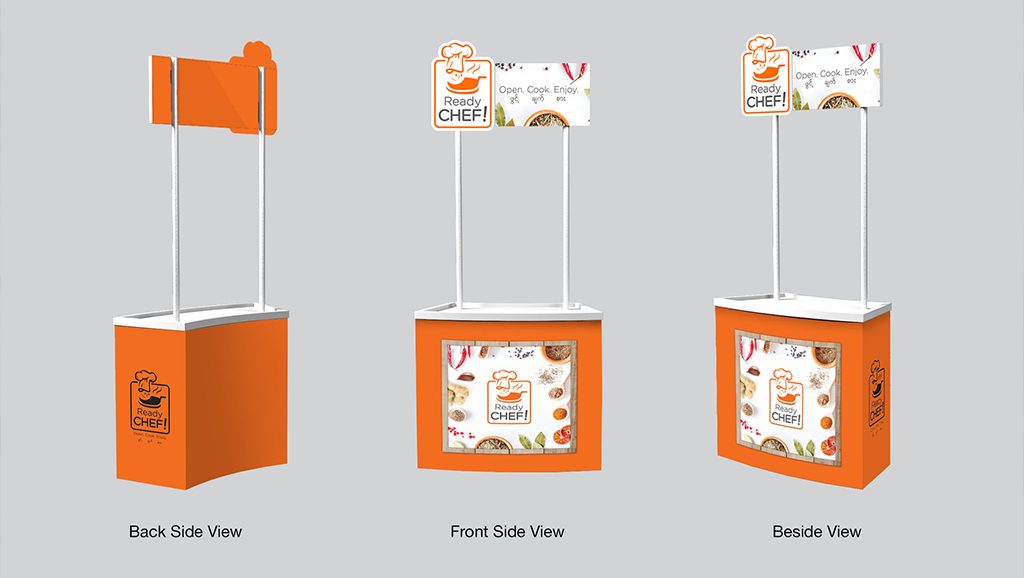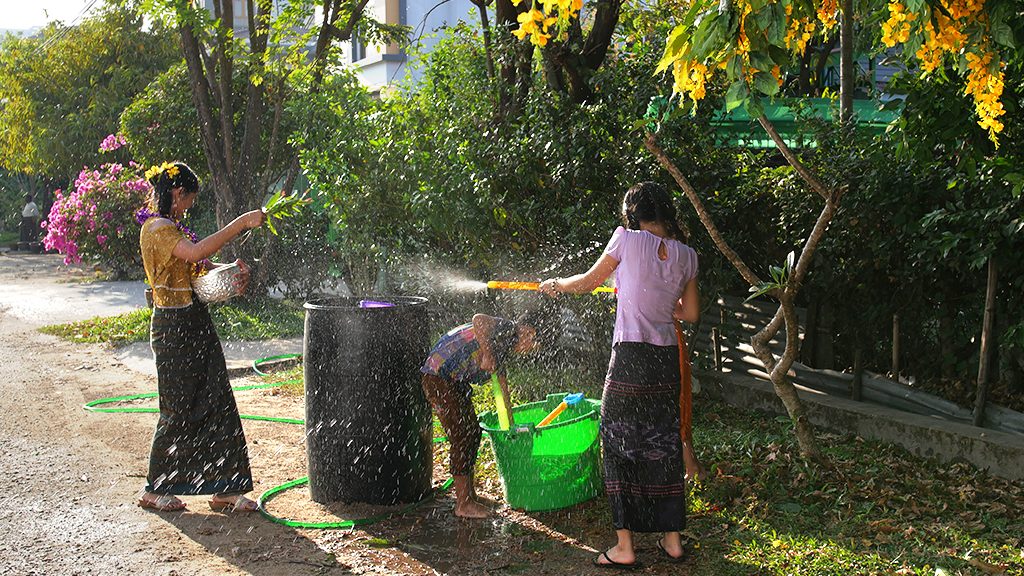
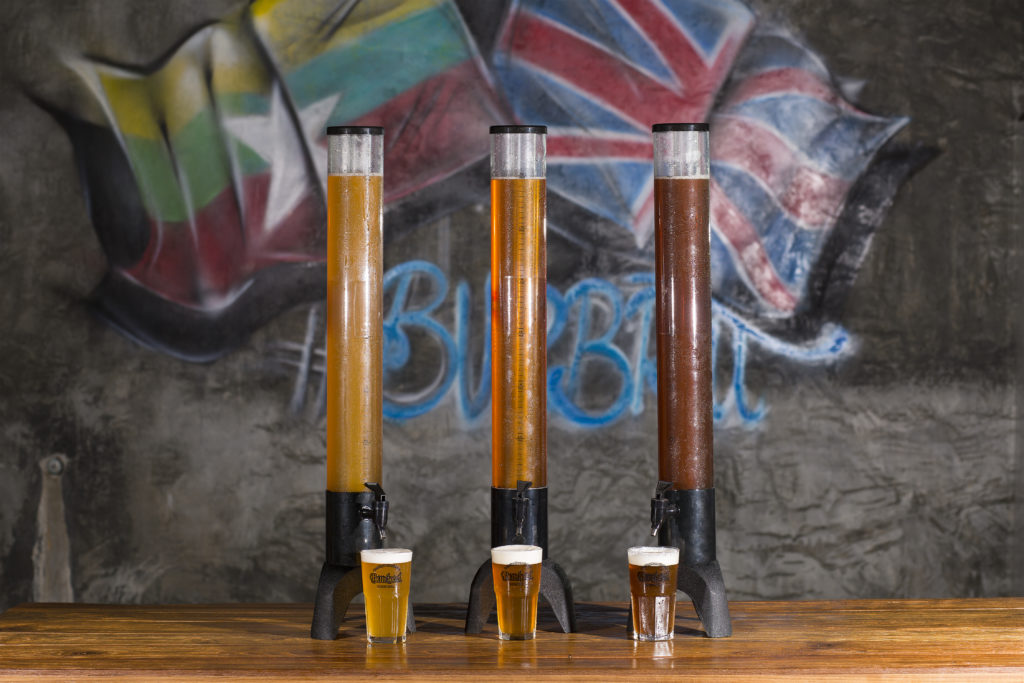
Though the Middle East is thought to be the cradle of beer (with the earliest evidence of the domestication of grains and accompanying brewing activities as early as 3,500 BCE), fermented alcohol also has a rich history in the Asia. As early as 7,000 BCE, villagers in China are believed to have been brewing their own fermented alcoholic drinks on individual scales.
With the introduction of industrialized beer during the colonial period, demand for affordable and tasty beers in the region has grown exponentially since, and Myanmar is no exception. With large multinational brewing operations, like Heineken and Carlsberg, now moving into the country to compete with mainstays like Myanmar Beer, it appears Myanmar is now on the verge of another beer revival: the craft beer and microbrewery revolution.
A craft beer (sometimes called a microbrew) is one made without mechanization, reflecting traditional methods of production. A microbrewery is a limited production brewery, typically producing specialty beers and often selling its products only locally. With an already-strong beer culture in Myanmar, the country is poised to mirror its neighbors Thailand and Vietnam in the microbrewery revolution, but perhaps with even more intensity and fervor.
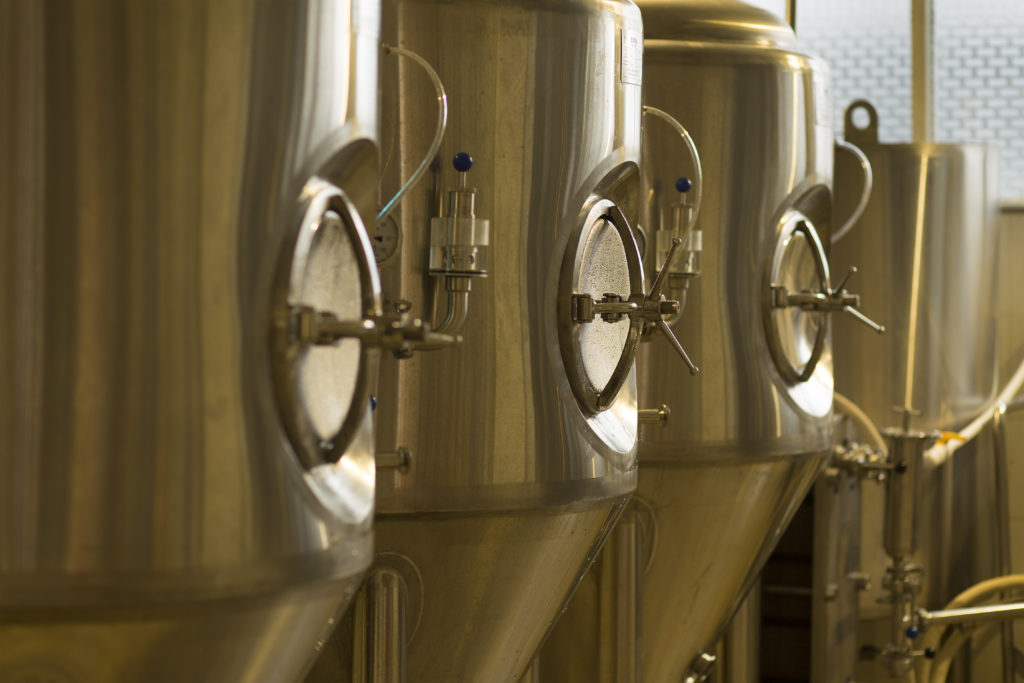
The Process
Craft beers can be made with a variety of specialty ingredients and on varying scales, but the basic process remains much the same whether being made in large stainless-steel kettles or a pot in your kitchen.
First, barley and hot water meet in a process called mashing. This causes the barley to release natural sugars which will later react with yeast to produce alcohol. During this period, the malt also adds to the aroma, flavor, and body of your beer. In a similar process called as lautering, the malt grains are then as sparged with hot water to be sure to capture any sugar not released during mashing. When the grains are then removed, the brewer is left with a malty-liquid called wort.
The wort is then boiled, and hops are added. Depending on the type or amount of hops, and when they are added to the boiling mixture the final taste of the brew will be determined. The wort is then rapidly cooled to allow for the final addition, the yeast. Yeast cannot survive at high temperatures, and no yeast means no fermentation.
As the beer ferments, the yeast will eat the sugar extracted during the mashing and sparging processes, converting the sugars into alcohol. Different brews of Beer require different duration of fermentation time; for instance, ale yeast beer spend 2 weeks and larger beer spend 1 month and the ingredients used. Finally, when the fermentation is finished, the beer receives a pump of carbon dioxide for carbonation and can be packaged, cooled, and consumed.
Craft Beer in Asia
In Southeast Asia, going out in large cities like Bangkok or Hanoi used to mean visiting branded beer stations and drinking large-scale, light draft beers like Bia Hoi, Tiger, Chang, or Singha. Now, with incomes growing alongside consumers’ newfound, internationalized tastes, the craft beer scene has made it’s way to Asia. Both international and local entrepreneurs alike are opening up microbreweries and selling their creations. Some of Bangkok’s most upscale bars catering to both travelers and locals now exclusively sell microbrews, like CRAFT on Sukhumvit 23. On even smaller scales, beer aficionados are experimenting with their own brews at home.
But perhaps the most exciting part of craft beer’s development in Asia is the opportunity for distinctly local twists to time-honored recipes. Though Vietnam-based Pasteur Street Brewing imports ingredients from Europe and the US, their most acclaimed brews are those with uniquely Asian ingredients, too. Pasteur Street adds regional elements like Marou chocolate, Dalat coffee, and even durian to create world-renowned and award-winning beers.
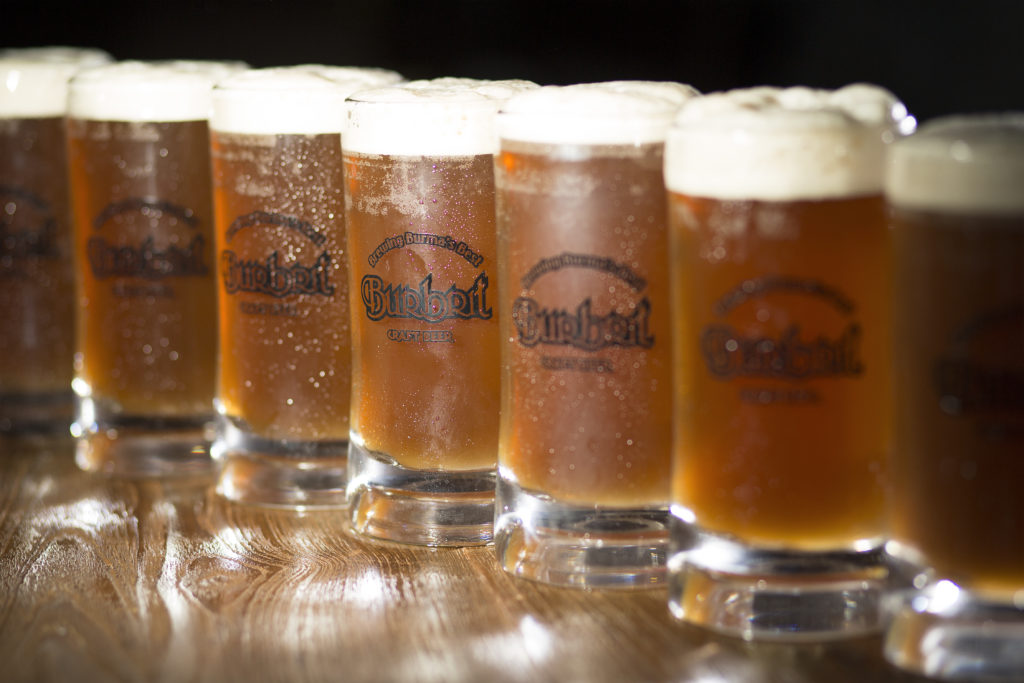
Making it to Myanmar
While neighboring Thailand’s first microbrewery opened in 1999, the craft beer movement has taken longer to reach Myanmar. Earlier this year, the country gained its first-ever microbrewery, with the Burbrit Brewery located in the North Dagon Industrial Zone in Yangon.
Burbrit is Myanmar-owned and operated, but imports quality ingredients directly from Germany. They currently produce eight beers flavor on site, and guarantee three to be in stock when you visit. With a restaurant and bar attached to the brewery, along with takeaway beers available in growlers and bottles, foreigners and locals alike should be sure to visit the next time they crave a cold one on one of Myanmar’s notorious dry season days. Moreover, if you’re lucky enough to visit on a brew day, you’ll be able to see Burbrit’s local team making Myanmar’s first commercially-available craft beers for yourself.



